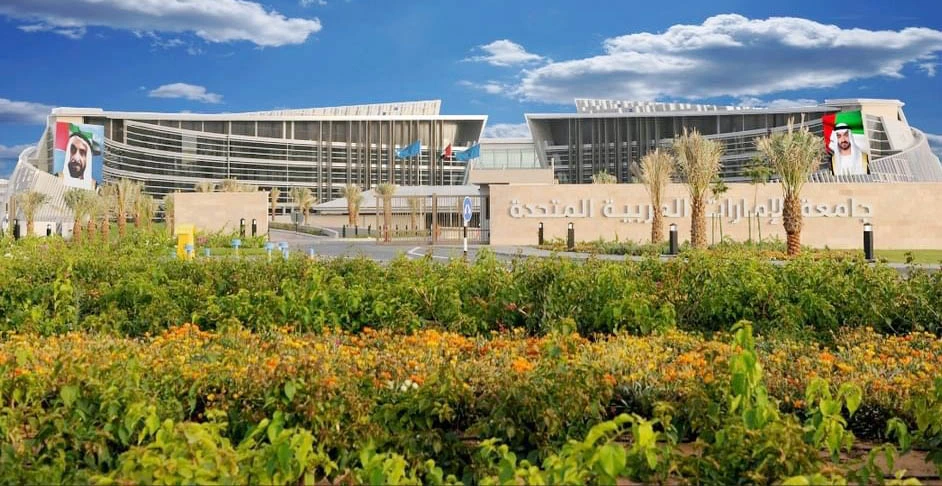The UAE is seeing impressive progress in global university rankings as its institutions gain recognition worldwide.
According to the latest Quacquarelli Symonds (QS) World University Rankings 2025, universities in the UAE, along with Saudi Arabia, Qatar, Bahrain, and Oman, have made notable strides, reflecting strategic investments in education, research, and international collaborations.
Key factors driving UAE universities’ rise
University rankings play a major role in influencing student decisions, and the latest QS rankings serve as an essential benchmark for governments and policymakers.
These rankings guide decisions related to educational policies, funding, and resource allocation. The UAE’s progress in these rankings is tied to its efforts to transform its higher education sector.
A new Arthur D. Little (ADL) Viewpoint report titled “Enhancing University Rankings to Support Human Capital Development” examines how the GCC nations can continue to improve their universities through education reforms, international partnerships, and research investments. The report highlights four key pillars impacting university rankings:
- Teaching Quality
- Research Impact
- International Outlook
- Industry Engagement
The UAE has made significant strides in these areas, particularly with its emphasis on research and global partnerships, aligning with the nation’s broader strategic goals.
United Arab Emirates University (UAEU) leads
United Arab Emirates University (UAEU) has seen impressive gains, advancing 29 places to reach 261st globally. This is a direct result of the UAE’s ongoing research investments and strategic initiatives to boost its universities’ global recognition.
Key strategies for continued growth
To maintain this positive momentum, it’s important for UAE universities to focus on the four pillars of university success:
- Teaching Quality: Enhance faculty training and modernize curricula to ensure students gain the skills they need to thrive.
- Research Impact: Increase interdisciplinary research and high-impact publications to strengthen global influence.
- International Outlook: Attract world-class faculty, encourage student exchange programs, and forge academic partnerships.
- Industry Engagement: Strengthen partnerships with industries to develop market-driven research and improve graduates’ employability.
The road ahead for UAE universities
Yigit Saf, Principal at Arthur D. Little Middle East, shared: “This year’s rankings confirm what we have long anticipated — UAE universities are rapidly gaining global recognition as a result of sustained investment in education, research, and international partnerships. The region’s focus on developing world-class institutions is not just about improving rankings but about building a knowledge-driven economy that can compete on a global scale.”
Amr Kazimi, Senior Manager at Arthur D. Little Middle East, added: “To sustain this momentum, higher education institutes must understand their key gaps and strengths across the 4 strategic pillars, and design tailored strategies to enhance the quality of education in their countries and bridge the gaps between higher education and labor market needs.”
Success stories in higher education
To understand how the UAE can continue to rise in global rankings, it’s useful to look at successful examples from around the world:
- IE University, Spain: The university gained global recognition by creating a diverse student and faculty body, supported by government scholarships and streamlined visa processes.
- Purdue University, USA: Purdue’s partnership with Rolls-Royce led to a restructured engineering curriculum that directly addressed industry needs, strengthening its academic-industry ties.
- National University of Singapore (NUS): NUS’s Centre for Future-ready Graduates (CFG) aligns students with career paths through industry collaborations and internships.
The UAE has the potential to continue climbing the rankings by adopting best practices from these global success stories. By focusing on interdisciplinary research, industry collaboration, and increasing international partnerships, UAE universities can secure a stronger global presence. Through these strategies, UAE institutions can not only rise in rankings but also become recognized as global knowledge hubs.
In the words of Amr Kazimi: “Investing in world-class faculty and fostering interdisciplinary innovation will be critical in ensuring that UAE universities not only climb the rankings but also become globally recognized knowledge hubs.”
As UAE universities continue to build on their strengths, their path to becoming key players in the global academic landscape looks promising.
tanvir@dubainewsweek.com

